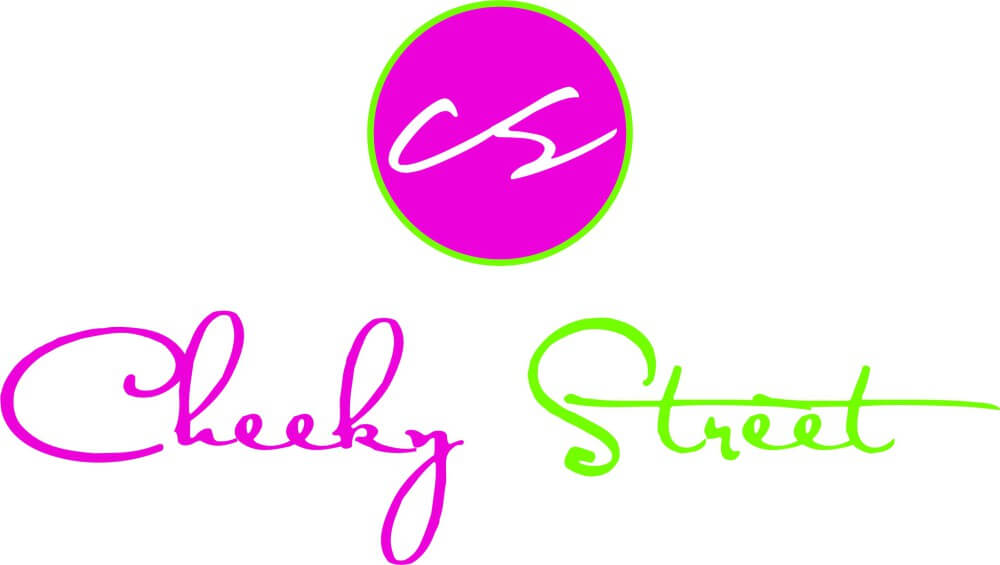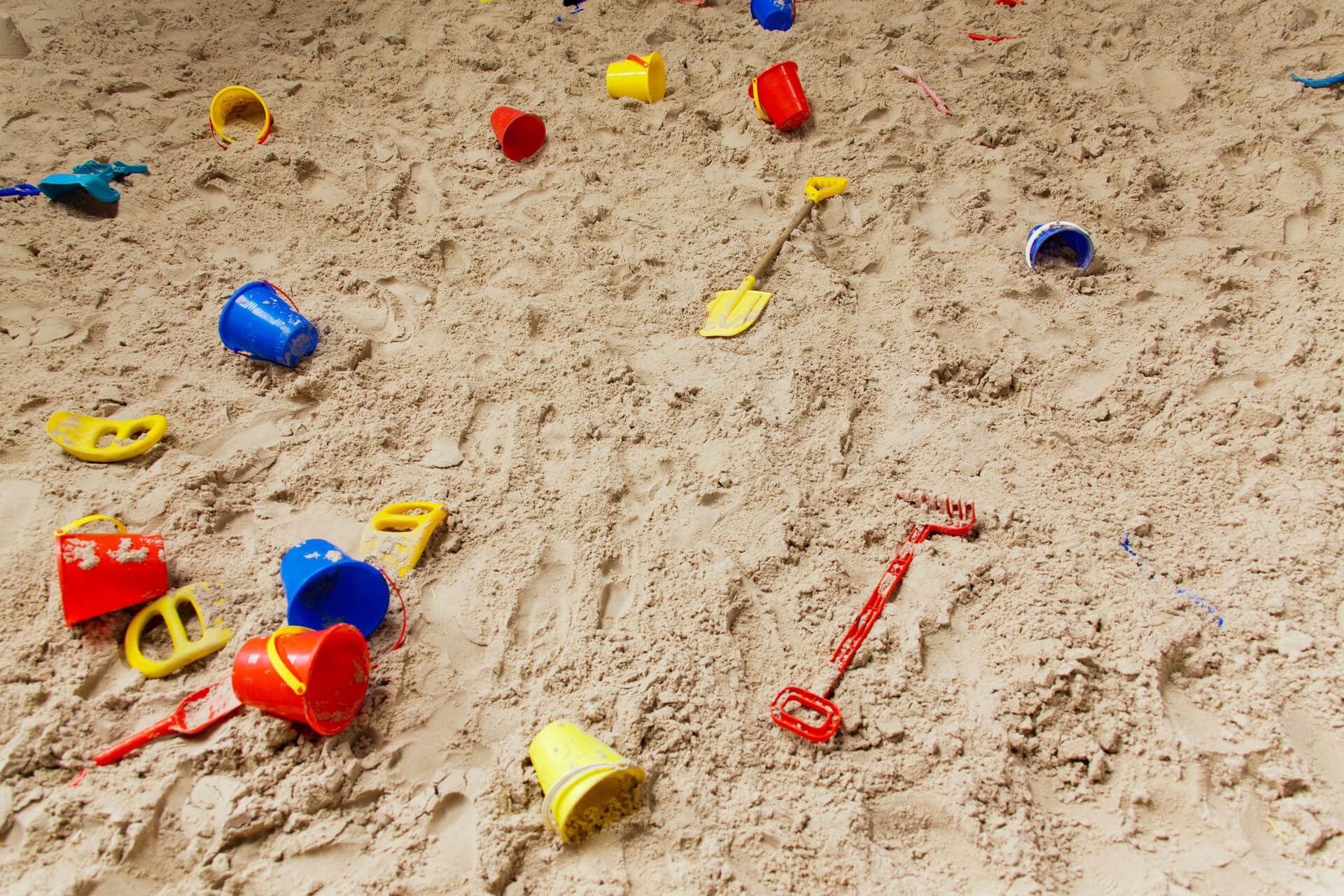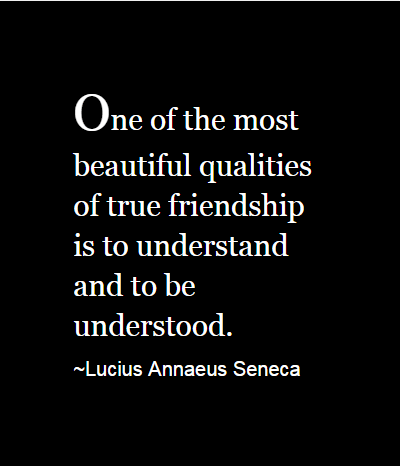I’ve written about the long period of time when my kids were young when a few businesses my husband was involved with simultaneously combusted – leaving our lives scattered in pieces to salvage the best we could. So I won’t bore you with the story again except to reference an odd phrase one of my husband’s employees repeatedly used in conversation with me to convey – I am not sure what – “We’re all playing in the same sandbox!” she would exclaim every time she saw me. Um….was it solidarity? Compassion? Manipulation? Honestly, it annoyed me because we were SO NOT in the same “sandbox,” figuratively or literally. There were disastrous and long-term financial and professional consequences from the partnerships and businesses that fell apart that affected many people – just not so much “Deb.” The memory of this strange interaction tumults my consciousness back to a feeling of deep isolation. And that’s when the addictive thinking began.
I mention this because I want to talk about trust and friendship and understanding. These are the best contexts for me to share with you that recently I chose to have a couple of glasses of wine. Relapse. That’s what my Therapist calls it. I think that is a brutal word, especially since some of the recovery literature and support groups make it sound so hauntingly awful – and shameful. I am not ashamed that I wanted 2 glasses of wine ….. twice lately …. and that I gave in to my desire. My Therapist wants to make sure I understand that the “relapse happens in the thinking a long time before the behavior” – and I do. I will be honest, both times I drank I felt utterly terrible physically for 2 days after. Nor did I get the “fun buzzed” feeling I recollected and longed for. Just swallowing a sugary drink in hopes of recapturing a feeling of escape. But the feeling never came and the after effects were awful. So I don’t think I will be doing it again. Yet my Therapist and I both want to know why I did it.
Isolation and not feeling connected are the roots of my addiction. When I look around at the true friendships, real connections, and budding feelings of purpose I have at this perfectly awkward midlife time of life, what I have is good. REALLY good. I just don’t seem to want to accept it, if that makes sense. My friend Shelley, a dear old friend with whom I have recently reconnected, helped me see something about myself glaringly obvious to her: my addiction must have somehow also been driven by the desire to escape from the natural physical changes women experience in midlife. Yes, Shelley, yes! You are right! Her compassion, insightfulness and kindness led to tears streaming down my face when she said: “You are probably just now, in your sobriety, learning to accept your body and wrinkles for what they are while other women your age have had more time to adapt.” Bingo. I’ve written about taking dexedrine (pure speed prescribed by a doctor) for (I can’t even remember the bs diagnosis – something like “unresponsive depression”). I was super skinny then. Now I am hungry all the time. But if you compare my overall health today to what it was during my skinny and addicted years – I am far healthier, though more plump, today. Shelley is helping me understand “you are not supposed to look like you did 25 years ago.” My body today is not a “mistake.”
I think comparison is the reason why I relapsed. “Everyone else” is having so much fun drinking and having fabulous bodies. I hope you are laughing because I am! Our addictions will tell us lies about ourselves and others all day long if we let them.
What will I do now? I will work harder to accept and love myself. I have learned so many things from this journey but it takes time and effort to put it all into daily practice. Drinking is and always will be a problem for me. When I drink, I am not my authentic self and it is difficult for me to get back to that. Some of today’s “spiritual junkies” tout that “Calm is my superpower.” And that sounds attractive. I want it. Like sobriety, I will do anything to get it and keep it. Now back to work.





